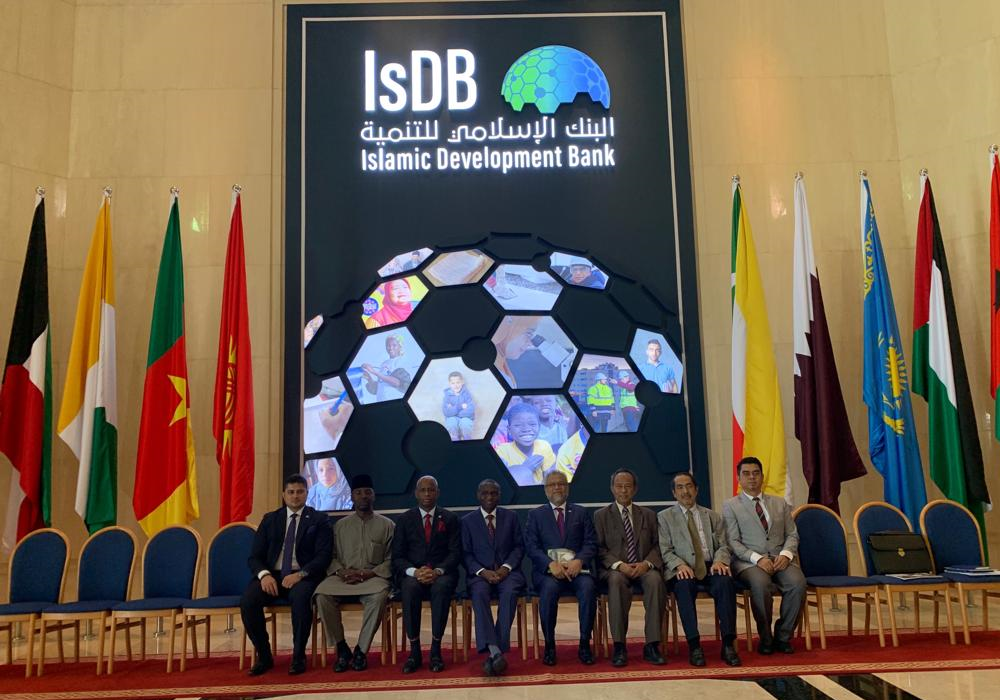The Islamic Development Bank (IsDB) has announced a major $10 million grant to the World Health Organization (WHO) to launch the Health Impact Investment Platform (HIIP).
This funding, finalized today at the UN Climate Change Conference (COP29) in Baku, underscores IsDB’s commitment to enhancing primary health care systems and strengthening climate and health resilience in low- and middle-income countries.
The HIIP is a pioneering partnership among Multilateral Development Banks (MDBs), WHO, and vulnerable nations, targeting the development of climate- and crisis-resilient primary health care systems. The platform’s mission is to empower underserved communities with robust health systems capable of withstanding emerging health and environmental challenges.
IsDB’s $10 million contribution will support WHO’s technical assistance to nations worldwide, helping them identify their investment needs and design high-impact health projects. These projects will serve as co-investment opportunities for MDBs, ensuring funds are directed to areas with the most significant potential for positive health impacts.
WHO’s Fourteenth General Programme of Work highlights strengthening climate resilience, including developing national climate adaptation plans and making 10,000 health facilities fully operational, equipped with solar power.
With IsDB’s backing, the platform aims to unlock at least $500 million in regional health investments, contributing to a broader effort to mobilize $1.5 billion in concessional loans and grants focused on national health priorities.
“The Islamic Development Bank is proud to support the Health Impact Investment Platform as part of our unwavering commitment to advancing universal health coverage and resilience in our Member Countries. These partnerships with Multilateral Development Banks and WHO enable us to scale up primary health care where it is needed most, creating a stronger foundation to withstand future crises and addressing the pressing health challenges of today. Together, we are fostering a healthier, more equitable future for communities across the globe,” said IsDB President H.E. Dr. Muhammad Al Jasser.
WHO Director-General Dr. Tedros Adhanom Ghebreyesus emphasized the value of sustainable financing for health system resilience: “Low- and middle-income countries need access to sustainable financing to strengthen their health systems through primary health care, making them more resilient to pandemics and more equitable in delivering essential health services. The Health Impact Investment Platform combines WHO’s public health expertise and on-the-ground presence with the resources and financing expertise of the Islamic Development Bank and other multilateral development banks. By working together, we can make a significant difference in improving health outcomes and creating a healthier future for all.”
In the platform’s first phase, fifteen countries—including Burundi, Egypt, Guinea-Bissau, Senegal, and Zambia—have been identified to receive targeted support.
With a AAA rating by major agencies, the Islamic Development Bank is a premier multilateral development bank serving the Global South.
For 50 years, it has worked to improve lives across 57 Member Countries, nearly a fifth of the world’s population, and continues its mission to advance sustainable, green economic and social progress, align with the UN Sustainable Development Goals (SDGs), and build planet-friendly infrastructure for a more prosperous future.








